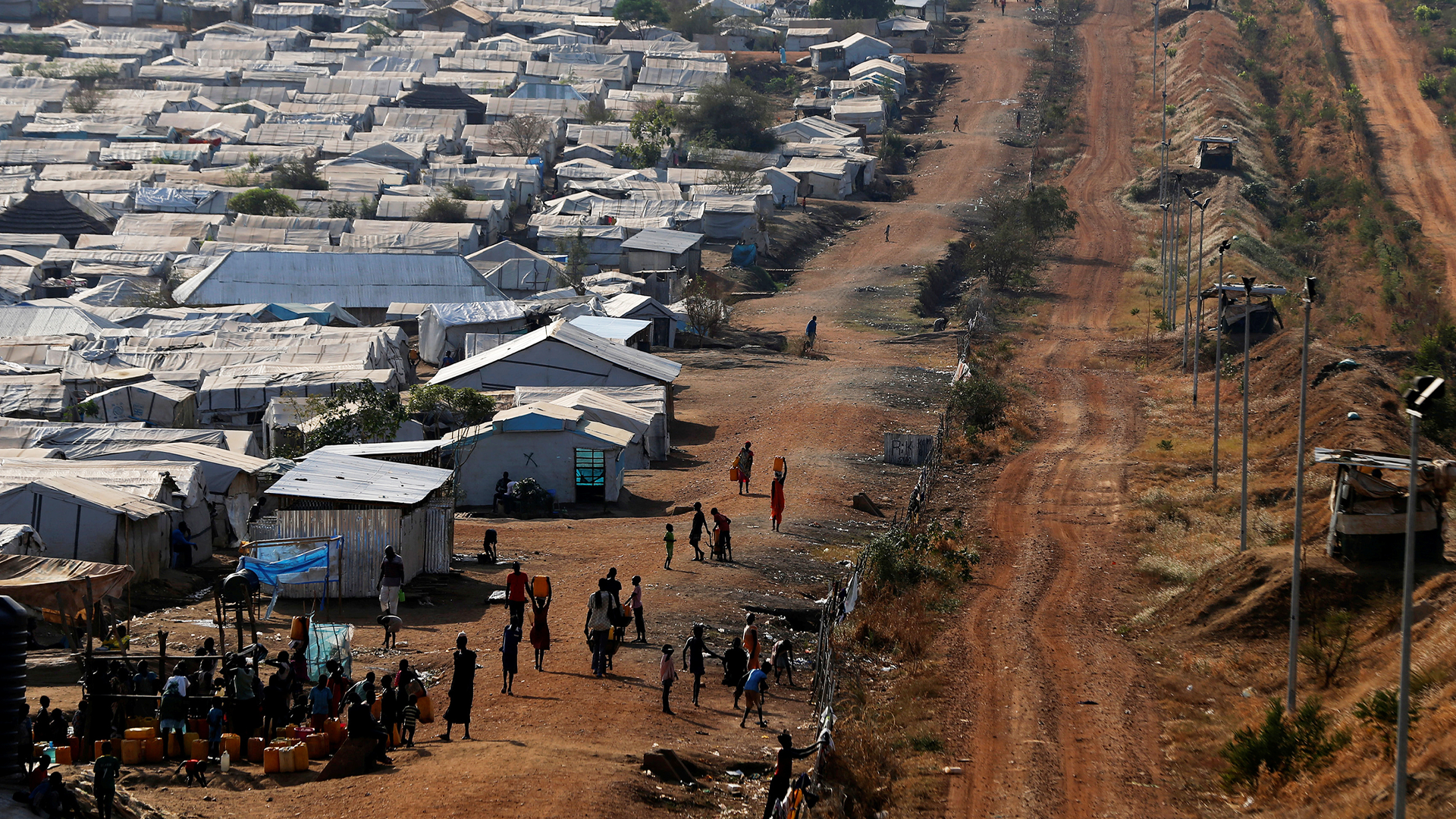Approximately 1.7 million people in South Sudan face severe starvation after the UN’s World Food Programme suspends its food aid in some parts of the country.
On Tuesday, the UN agency World Food Programme (WFP) announced that 1.7 million people in South Sudan are at risk of food shortage due to insufficient funds alongside an increase in humanitarian needs.
The agency planned to provide food provisions to 6.2 million people affected by drought, internal conflicts, and the continuing war between Russia and Ukraine that has affected food supplies and world economies.
The Acting Country Director of the World Food Programme in South Sudan said, ‘humanitarian needs are far exceeding the funding we have received this year. If this continues, we will face bigger and more costly problems in the future, including increased mortality, malnutrition, stunting, and disease.’
🚨 🆘 ALERT: The suspension of assistance comes at the worst possible time for the people of #SouthSudan as the country faces its hungriest year since independence.
WFP had exhausted all options before suspending food assistance, including halving rations in 2021.
— World Food Programme (@WFP) June 14, 2022




















